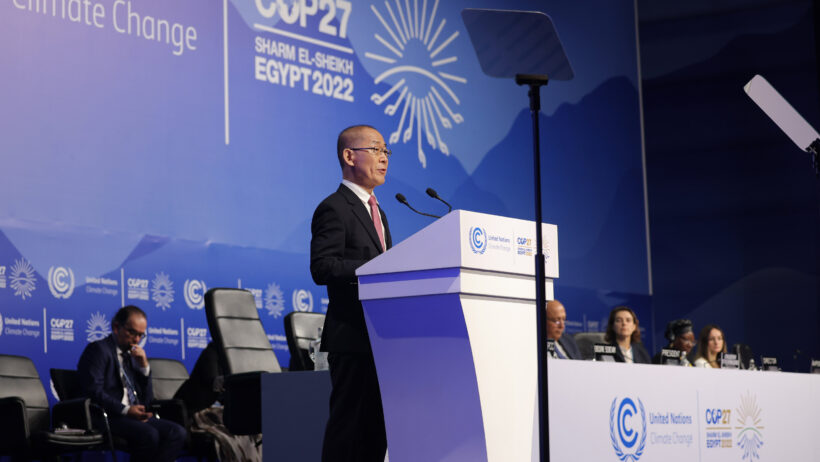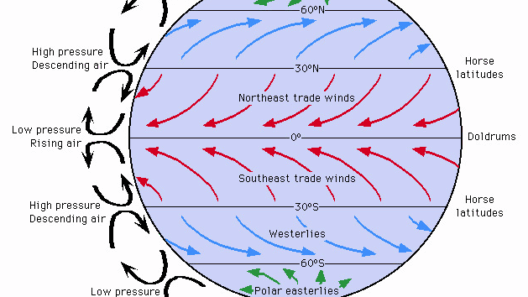Energy efficiency stands as an underappreciated ally in the fight against global warming. It’s an unobtrusive yet powerful concept that has the potential to reshape our approach to energy consumption and its resulting environmental impact. As global temperatures rise, with dire implications for our ecosystems and overall climate stability, reevaluating how we use energy becomes not just prudent, but essential. Energy efficiency serves as both a pragmatic solution and a profound philosophical shift toward a more sustainable future.
At its core, energy efficiency refers to using less energy to provide the same level of service or output. This principle can be applied across multiple sectors: residential, commercial, and industrial. By adopting energy-efficient technologies and practices, we can significantly decrease greenhouse gas emissions, therefore mitigating global warming. The transformation is often invisible, yet the ramifications are substantial. Every watt saved is a step closer to a healthier planet.
One often-overlooked fact is that the energy we do not use is more impactful than the energy we generate from renewable sources. For instance, implementing energy-efficient appliances—such as LED lighting or Energy Star-rated refrigerators—can dilute our reliance on fossil fuels. These simple substitutions can cut energy use dramatically without sacrificing comfort or productivity. Moreover, when scaled across millions of households, these incremental changes culminate in significant reductions in carbon emissions.
Furthermore, energy efficiency has a financial dimension. Consumers often pay exorbitantly high energy bills while overlooking the potential for savings that energy-efficient upgrades offer. The integration of smart technologies, such as programmable thermostats and energy management systems, allows for a dynamic approach to energy use. These gadgets not only improve convenience but also encourage judicious energy consumption habits. In many instances, the financial benefits come in tandem with environmental gains, creating a compelling case for adoption.
Businesses too can leverage energy efficiency to bolster their bottom lines. Corporations that invest in energy-efficient technologies not only enhance their sustainability profiles but also realize cost savings over time. A focus on efficiency can translate into reduced operational costs, thus providing a competitive edge in a market that increasingly values corporate responsibility. The promotion of energy-efficient practices within the workplace cultivates a culture of sustainability, driving employee engagement and satisfaction as well.
The embodied energy concept also plays a crucial role in this discussion. Every product we purchase carries a hidden energy cost associated with its production, transportation, and disposal. By choosing energy-efficient products, consumers reduce this embodied energy footprint, minimizing the environmental burden. A heightened awareness of these interconnected systems fosters a greater sense of responsibility regarding consumption patterns and their ramifications on our climate.
Moreover, the significance of building design cannot be overstated in the pursuit of energy efficiency. Residential and commercial structures are often built with insufficient consideration for energy consumption. Enhancing insulation, implementing passive solar design, and utilizing energy-efficient windows are all strategies that can be employed to reduce energy demand. The architecture and construction industries bear a tremendous weight of responsibility in mitigating climate change through energy efficiency. Responsible design can lead to buildings that utilize natural resources harmoniously, creating environments that are not only aesthetically pleasing but also considerably more sustainable.
Education emerges as a pivotal factor in promoting energy efficiency. Raising awareness among consumers about the benefits and potentials of energy-efficient practices is essential. Schools, community centers, and governments can play integral roles in disseminating this knowledge, highlighting case studies that showcase successful energy efficiency measures. Encouraging public discourse around energy usage can empower individuals to take actionable steps in their daily lives, fostering a collective spirit of environmental stewardship.
Legislation and policy initiatives are equally critical. Governments have the ability to incentivize energy efficiency through tax credits, grants, and rebates for both residential and commercial upgrades. Forward-thinking policies can drive large-scale behavior changes across populations, making energy-efficient solutions accessible and appealing. In conjunction with education, these efforts can lead to monumental shifts in how society views and engages with energy consumption.
Moreover, the role of innovation cannot be overlooked. The development of new technologies in the realm of energy efficiency—be it through advanced materials, IoT advancements, or artificial intelligence—holds the promise of further reductions in our carbon footprint. Tech startups and established companies alike are increasingly investing in innovation that prioritizes sustainability, reflecting a broader cultural shift towards responsible consumption and production.
In a world grappling with the effects of global warming, energy efficiency serves as a beacon of hope. It champions the idea that individuals, communities, and organizations can make a tangible difference in curbing climate change. It imparts a message that every action counts, and change begins at the local level. The intricate web of our energy systems is vast and complex, yet even the smallest of changes can send ripples throughout the larger ecosystem.
Ultimately, the commitment to energy efficiency is a shared responsibility. It requires collective action and conscious decisions that prioritize sustainability over convenience. As we face an increasingly precarious climatic future, energy efficiency emerges as a secret weapon—an invaluable strategy that can drive us toward a more sustainable world. The quest for a healthier planet hinges on acknowledging this power and leveraging it to forge a more resilient and equitable future for generations to come.







